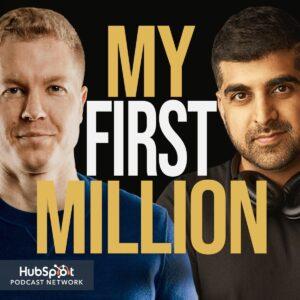
In this episode of the “Slow Burn” podcast, titled “Decoder Ring: Think Catchphrases Are Dead? Eat My Shorts,” the host explores the cultural impact and evolution of catchphrases throughout history. From iconic TV and movie catchphrases to political slogans, catchphrases have shaped popular culture and created a sense of community among audiences. The episode also delves into the rise of catchphrases in radio shows, sitcoms, and comedies, as well as their changing relevance in modern comedy.
Catchphrases have a long history and have evolved from epic poetry to religious rituals to Shakespeare’s plays. In the late 1920s and early 30s, radio shows like Amos and Andy introduced catchphrases to mass audiences, some of which are still used today. Radio performers cleverly used catchphrases to create a sense of repetition and familiarity, leading to their deeper cultural impact and enduring popularity.
Sitcoms and mainstream comedies have been filled with catchphrases that have become iconic over time. Shows like Laugh-In and Happy Days popularized catchphrases like “Sock it to me” and “Ayyyy,” respectively. Catchphrases are not limited to entertainment, as they can also be found in political slogans and advertising campaigns, further highlighting their cultural impact.
Steve Urkel from Family Matters holds the record for the most catchphrases of any fictional character. The character was created by borrowing ideas from an unsuccessful pilot script, and his debut on Family Matters brought a unique and comedic twist to the show’s storyline. Jaleel White’s portrayal of Urkel turned Family Matters into a major hit, and Urkel Mania became a cultural phenomenon, particularly among young fans.
Catchphrases have evolved over time and can sometimes become overused and eye-rolling to certain audiences. Traditional multi-camera comedies are now seen as old-fashioned, reaching fewer people with their catchphrases. However, catchphrases still play a role in comedy, albeit less frequently than before. The detachment of catchphrases from specific individuals has made them easier for other professionals to use, allowing for broader adoption and shared language.
Catchphrases have had a significant impact on popular culture, from radio shows to TV sitcoms and beyond. While their prevalence and usage may change over time, catchphrases continue to connect people and create a sense of shared language. Whether they are iconic lines from beloved characters or memorable slogans, catchphrases have the power to bring people together and leave a lasting cultural imprint.